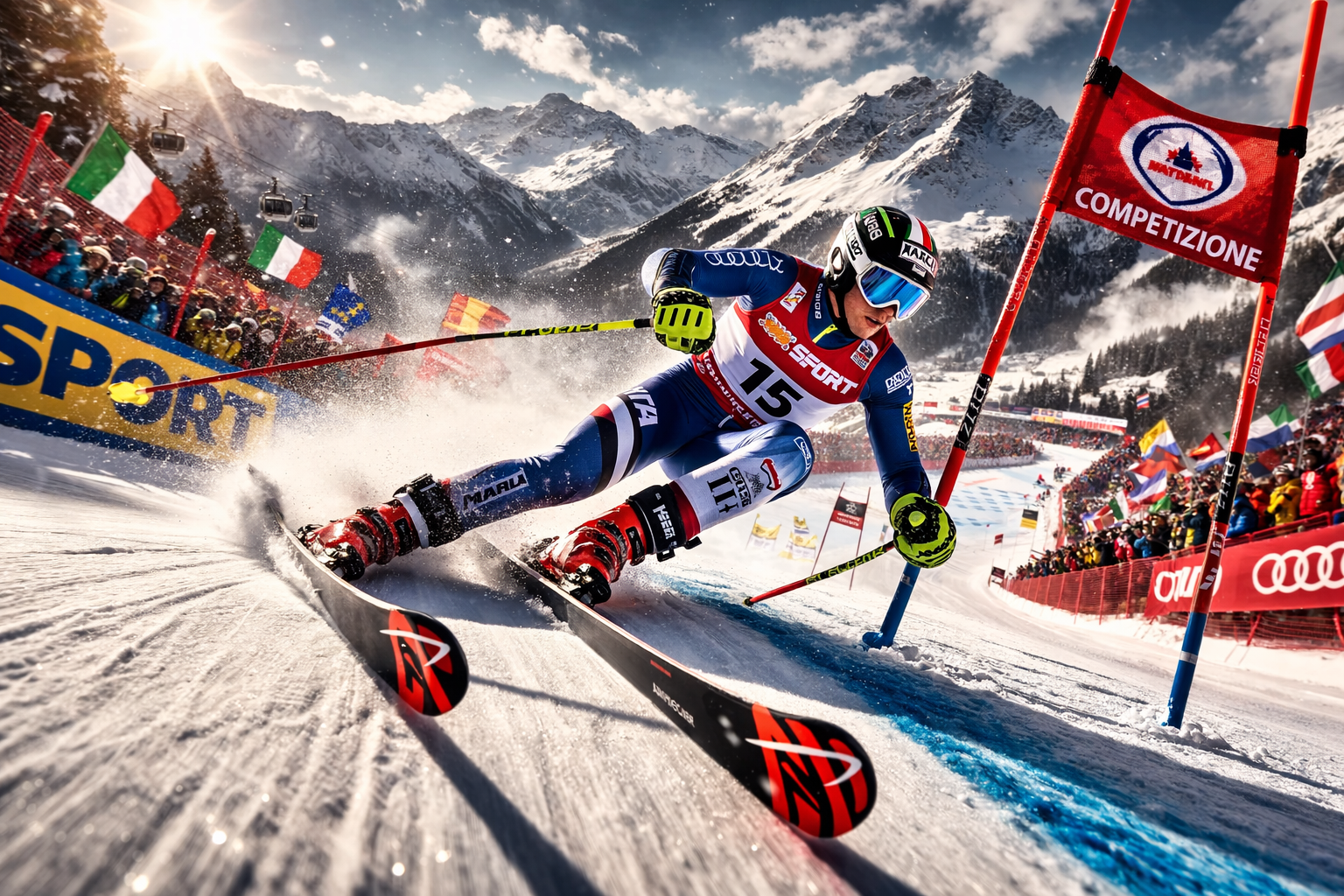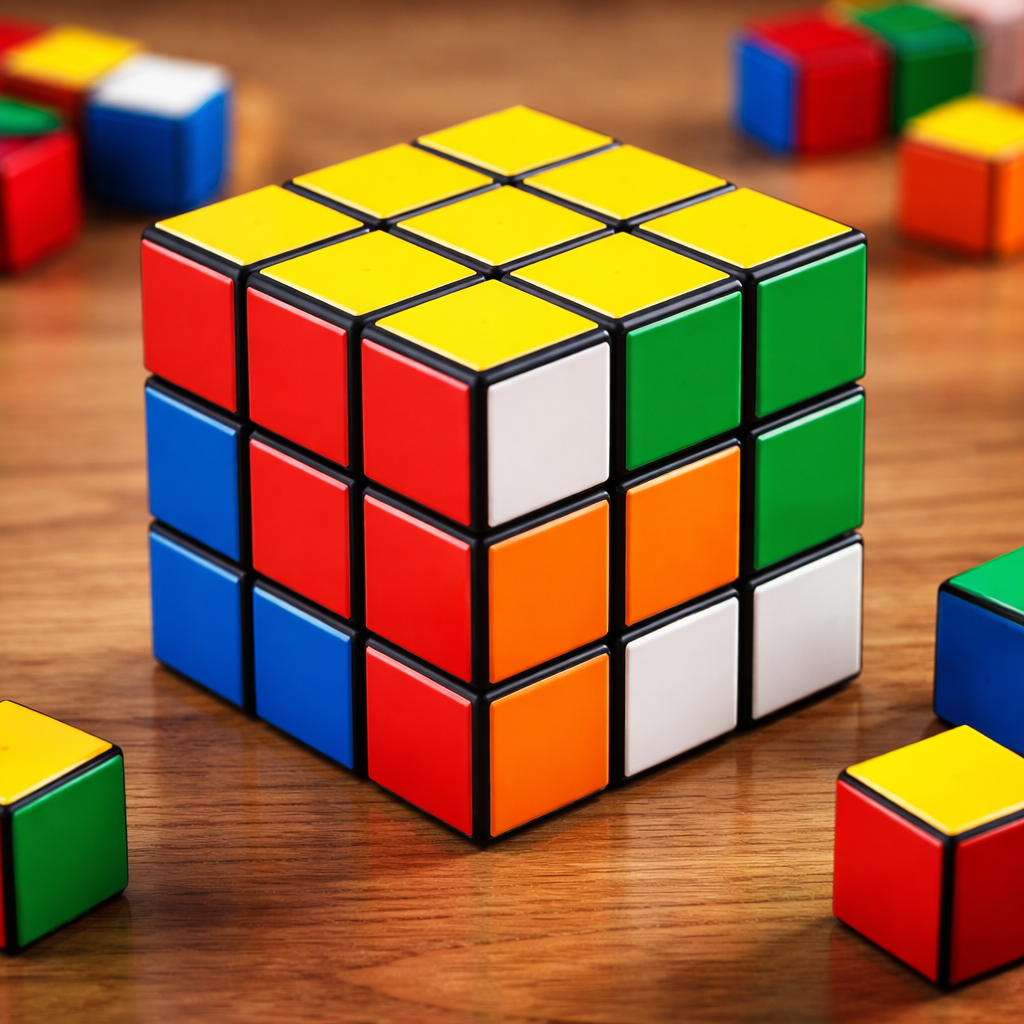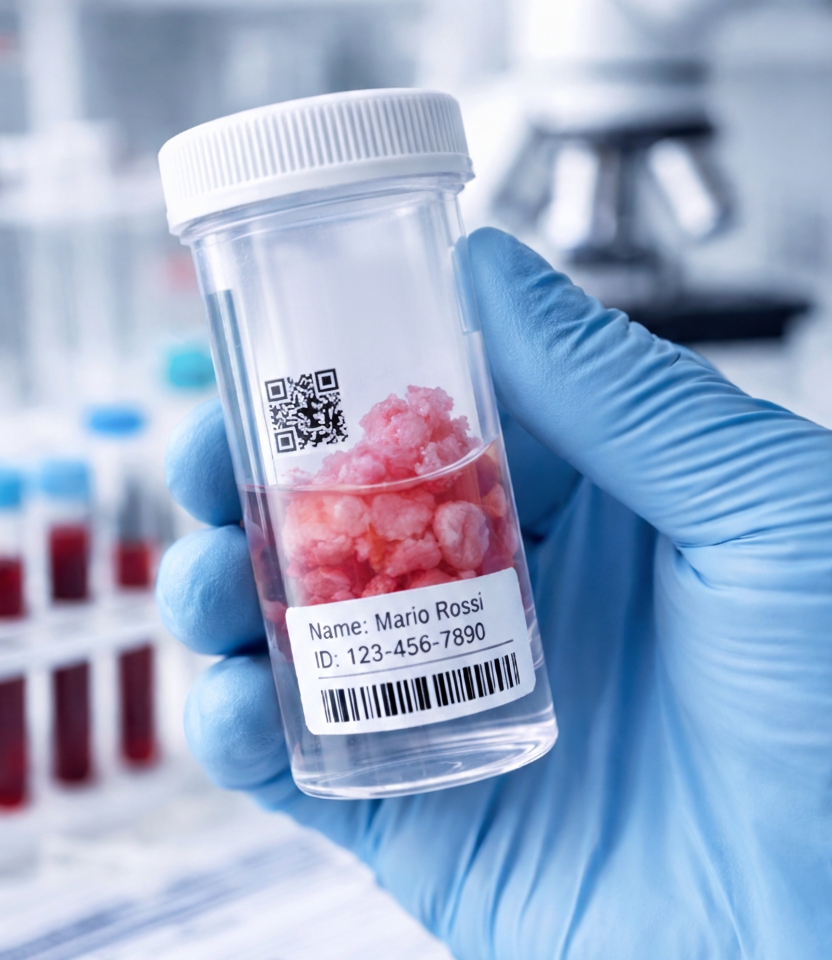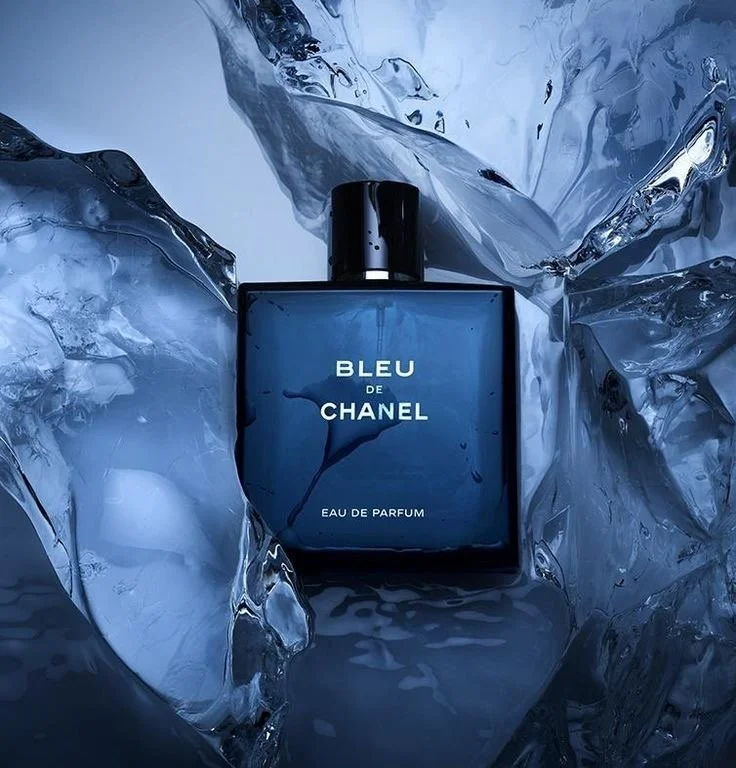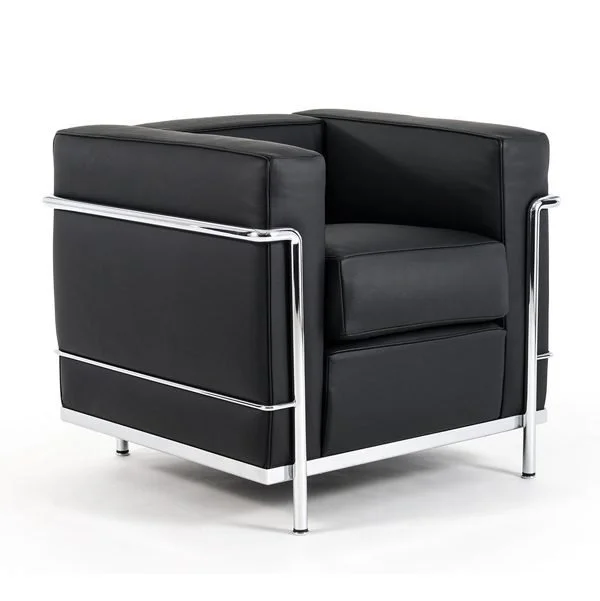Blog
Welcome to our blog.
Looking for something specific?
Enter your keywords in the searchbar below.
1 minute Martini Manna
The Unitary Patent and the Unified Patent Court: what is working, what is not, and what should come next
On 19 February 2026, I had the honour and privilege of being invited by the European Commission to discuss the UP and the UPC with some of Europe’s leading patent practitioners. This article sets out the reflections I shared on that occasion: where the system is already delivering, where the friction points are emerging in practice, and which technical adjustments would most effectively improve usability, predictability and legitimacy.
Milano - Cortina 2026: AGCM investigations into ambush marketing
The Milano - Cortina 2026 Winter Olympic and Paralympic Games have come to an end, but the ambush marketing chapter is far from closed. In the weeks leading up to - and during - the event, the Italian Competition Authority (Autorità Garante della Concorrenza e del Mercato – AGCM) turned its spotlight on promotional initiatives allegedly capable of creating an undue association with the Olympic event by operators that were not official sponsors. We previously discussed the phenomenon here and here.
The European Commission launches an investigation into Shein under the Digital Services Act
Today (17 February 2026), the European Commission launched formal proceedings against the well-known Chinese company Shein under the Digital Services Act (DSA), for its addictive design, the lack of transparency of recommender systems, as well as the sale of illegal products, including child sexual abuse material.
Functional Shape and Three-Dimensional Trademarks: Four “Twin” Judgments of the EU General Court on the Rubik’s Cube
By four judgments delivered on the same day – Cases T-1170/23, T-1171/23, T-1172/23 and T-1173/23 – the General Court of the European Union definitively confirmed the invalidity of four EU three-dimensional trademarks, all owned by Spin Master Toys UK Ltd and all relating to variants of the well-known cube-shaped puzzle.
These decisions are substantially overlapping, both in their reasoning and in the solutions adopted, and may be read as a single coherent intervention on the issue of functional shape within EU trademark law, a topic we have previously addressed, for example, here.
Commercial Partnerships and Ownership of Resulting Inventions:A Decision of the Milan Court of Appeal
Commercial collaborations frequently give rise to new technical or creative outcomes. When this happens, disputes often emerge as to who owns the intellectual property rights in those results.
In litigation, the answer almost invariably depends on the content of the parties’ agreements — and, just as importantly, on what those agreements fail to regulate.
A recent judgment of the Milan IP Court of Appeal (Judgment no. 68/2026 of 14 January 2026), provides a clear illustration of this principle.
Transparency and microtransactions: Diablo Immortal and Call of Duty Mobile under scrutiny by the Italian Competition Authority
The Italian Competition Authority has recently launched two proceedings against the video game publisher Activision Blizzard. The investigation focuses on information transparency, marketing methods and in-game purchases within its free-to-play titles Diablo Immortal and Call of Duty Mobile.
Biological samples as personal data: a recent decision by the Italian Data Protection Authority
On 9 October 2025, the Italian Data Protection Authority (Garante per la protezione dei dati personali) imposed an administrative fine of EUR 70,000 on a healthcare facility in the Milan area in connection with an incident involving the erroneous destruction of biological material.
Figurative elements do not preclude the descriptiveness of a composite sign: the General Court annuls the EUIPO decision on the “WASHTOWER” trademark
In its judgment of 12 November 2025 (Case T-252/24), the General Court of the European Union addressed the issue of descriptive trademarks, focusing on the delicate balance between evocative verbal elements and figurative components in composite signs.
The case concerned the European Union trademark WASHTOWER, registered in Class 20 of the Nice Classification for “furniture, namely furniture for washing machines or tumble dryers”, which was the subject of an application for a declaration of invalidity filed by LG Electronics Inc. (LG) on the basis of the absolute grounds for refusal set out in Article 7(1)(b) and (c) of Regulation (EU) 2017/1001 (EUTMR).
Protection of Know-How and Misappropriation of Information by Former Employees: a Recent Decision of the Venice Court
With the recent (non-final) judgment of 3 January 2026 (no. 73/2026), the Venice Court once again addressed the issue of the protectability of know-how and the misappropriation of information by former employees.
The CJEU on copyright protection of design works in Mio and USM Haller
The Court reiterates principles previously articulated in Cofemel and Brompton and seeks to clarify (i) how the originality of a design object is to be assessed for copyright purposes and (ii) how infringement is to be established.
UPC, Milan Central Division: the importance of selecting invalidity attacks
The court invites the claimant to select those attacks it considers the strongest and to rank them in order of importance. Once the attacks so selected are found to be unfounded, the Court considers it justified not to examin the remaining attacks. This places substantial responsibility on the parties as regards the selection and prioritisation of their objections.
The Milan IP Court on Trademark Rights Infringement in Selective Distribution
By order dated 3 March 2025, the Specialist Business Section of the Milan Court granted the application for interim injunctive relief under Article 131 of the Italian Industrial Property Code and Article 700 of the Code of Civil Procedure filed by Chanel and its Italian distributor, prohibiting the sale of the maison’s perfumes inside the stores of the defendants, two well-known retail chains specializing in general consumer products for personal and household care.
Copyright: Cassina prevails against RAI over the use of LC2 replicas in broadcasts
In line with established case law, the Court recognised the armchair’s artistic value, thereby granting it protection under Article 2, No. 10 of the Italian Copyright Law (ICL). It also deemed the use of copies of the armchair in certain RAI television programmes to be unlawful.
PastaZARA / ZARA: the EU General Court rules out the risk of unfair advantage to the fashion brand
By judgment of 10 September 2025 (Case T-425/24), the General Court of the European Union ruled on a conflict between the trademarks belonging to unrelated sectors: pasta and fashion.
Trademark Coexistence on Amazon and Limitation by Acquiescence: a ruling by the Turin IP Court.
As specialists are well aware, limitation by acquiescence is a legal doctrine where a trademark owner loses their right to challenge a later, conflicting, trademark if they knowingly tolerate its use for a continuous five-year period. To invoke this defense, the owner of the later mark must prove the earlier owner was aware of the use and did not take legal action. This limitation is ruled out only if the application for the later mark was made in bad faith.
The IP Court of Turin addressed this matter in its recent judgment no. 4050/2025. The dispute involved two companies both operating in the paint and related products sector: one, the plaintiff, was the owner of the Italian word mark DULOX, registered as early as 1938; the other, the defendant, owned and had been using the later European Union trademark DULUX, registered in the ‘90s.
The new Italian law on artificial intelligence
With Law no. 132/2025 of 23 September 2025, Italy is the first EU Member State to complement Regulation (EU) no. 2024/1689 with a comprehensive national framework on artificial intelligence.
Corporate Software Piracy and Directors’ Personal Liability: a Ruling by the Milan IP Court
With its ruling no. 6240/2025, the IP Court of Milan held the chairman of the board, of a company engaged in the use of unlicensed software, jointly responsible with the company for copyright infringement. This decision validates an already established trend in Italian IP courts.
Sound marks and distinctive character: the EU General Court upholds BVG's appeal
In an interesting ruling on sound marks the EU General Court annulled the decision of the Fifth Board of Appeal of the EUIPO, which had rejected the application for registration of EU sound mark no. 018849003 filed by the Berlin public transport company, Berliner Verkehrsbetriebe.
The risk of confusion between weak trademarks: UIBM Appeals Board decision in the VAPOSTORE / ESVAPO STORE case
With decision no. 57 of April 3, 2025, the Board of Appeals of the Italian Patent and Trademark Office (UIBM) ruled on, and rejected, an opposition to the registration of a trademark deemed weak and, therefore, of limited protection.
Sports audiovisual rights and creative freedom in video games: the Court of Genoa rejects the motion by Lega Nazionale Professionisti Serie A
With its order of 27 June 2025, the Court of Genoa ruled on an unusual dispute concerning sports audiovisual rights and video game content, rejecting the motion for interim injunction filed by Lega Nazionale Professionisti Serie A against a gamer accused of violating its exclusive rights by illegally publishing online “highlights” created using the EA Sports FC25 video game to recreate the actions of football matches.


